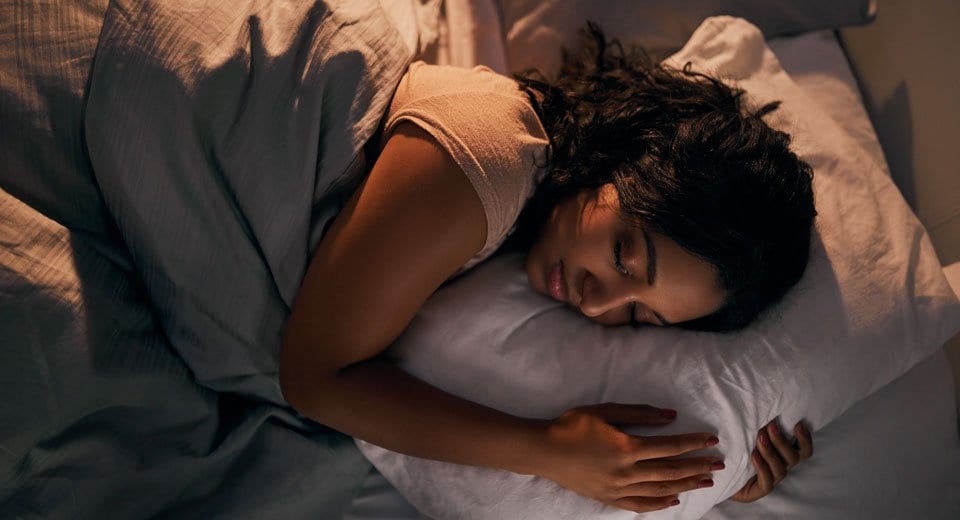Was Benjamin Franklin on to something with his sleep advice?

Benjamin Franklin’s sage advice of early to bed, early to rise may have some merit, according to a new study in JAMA Psychiatry that concluded going to bed one hour earlier decreases risk of major depression by 23 percent.
Does this mean everyone will feel better if they fall asleep earlier?
Falmouth pulmonologist Mir F. Shuttari, MD, who is certified by the American Board of Internal Medicine and specializes in sleep medicine, explained that everyone should try to get seven to eight hours of uninterrupted sleep each night. If going to bed an hour earlier helps you get seven to eight hours of quality sleep, then shifting to an earlier bedtime would likely be helpful, he said.
The new genetic study from the University of Colorado at Boulder and the Broad Institute of MIT and Harvard included a large pool of 850,000 people, which is impressive, according to Dr. Shuttari.
“However, this is an observational study, which means it is not ready for prime-time clinical applications,” he said. “It could be the basis for randomized control prospective clinical trials that would bring forward enough evidence to use this information in clinical practice.”
The results were important because they showed that sleep timing is associated with significantly lower risk of depression, but even the study’s authors said follow-up clinical trials are necessary to determine more than a causal effect.
When he read the study, Dr. Shuttari took from it the broader theme that doctors are always trying to stress to their patients: Sleep is a very essential need for human beings to function properly, and is as important for your health as good nutrition and regular exercise.
“There is no doubt that too little sleep can contribute to anxiety and depression,” he said, noting that many patients with sleep problems experienced those symptoms during the pandemic.
“We spend more than a third of our lives sleeping,” Dr. Shuttari said. “If you start shortening your sleep, you lose the benefits of sleep and put yourself at risk for conditions such as diabetes, dementia and cardiovascular diseases. We have considerable clinical evidence that too little sleep can contribute to these conditions.”
The American Academy of Sleep Medicine (AASM) issued a position statement on June 21, 2021, which Dr. Shuttari hopes people will take seriously.
The statement noted that sleep is vital for health and well-being in children, adolescents and adults. While awareness of the value of sleep has risen in the last decade, there is a need for greater emphasis on sleep health in education, clinical practice, inpatient and long-term care, public health promotion and the workplace, Dr. Shuttari said.
He supports the AASM’s recommendations for individuals and hospitals and nursing facilities:
- Talk with your doctor about your sleep habits.
- Optimize sleep conditions in hospitals and long-term care facilities.
- Actively promote behaviors that help people attain healthy sleep.
- Healthy sleep should be targeted by public health and workplace interventions to improve health-related outcomes.
As for Benjamin Franklin’s “early to bed, early to rise,” it still sounds like sage advice since, of course, the early bird gets the worm.
